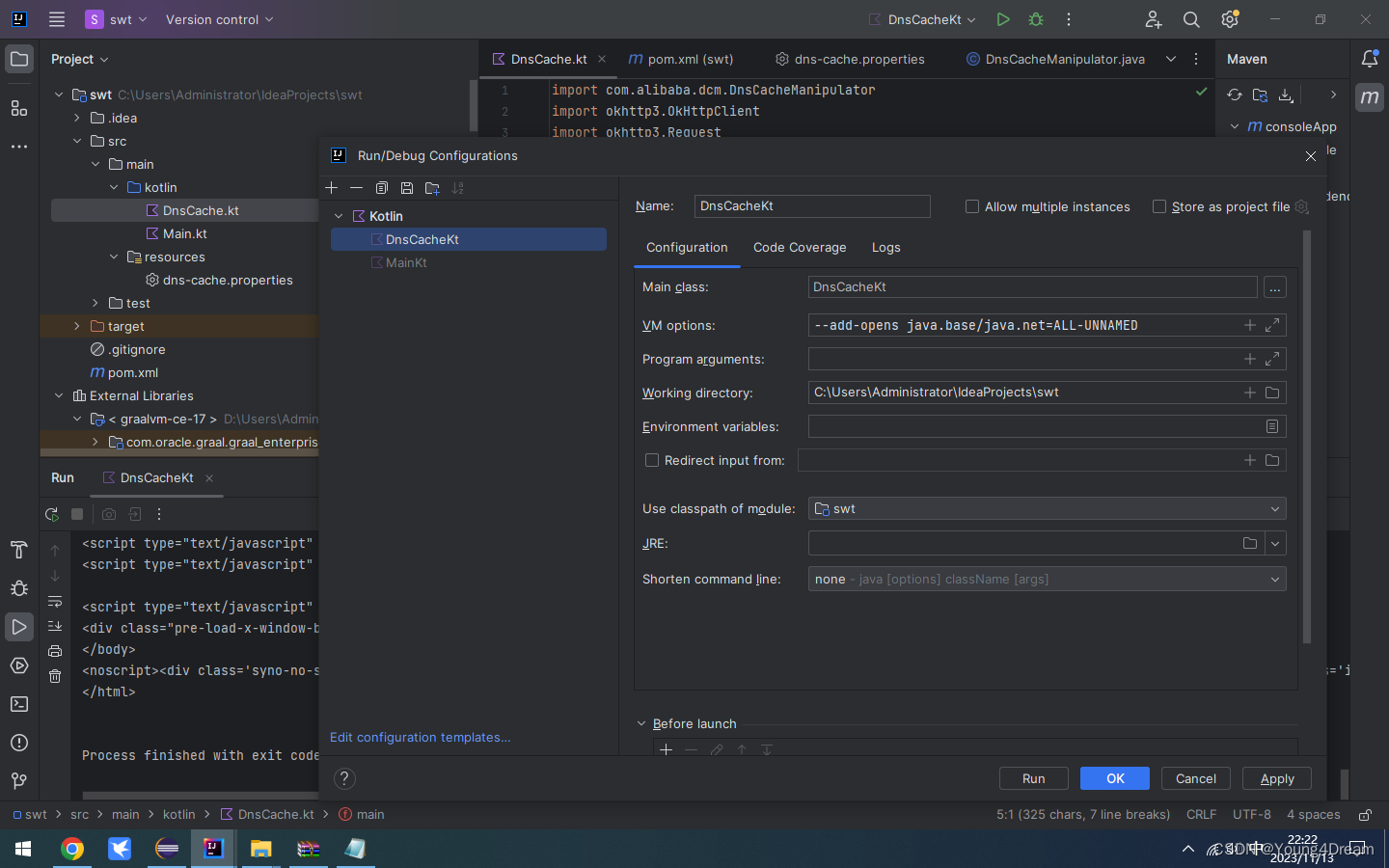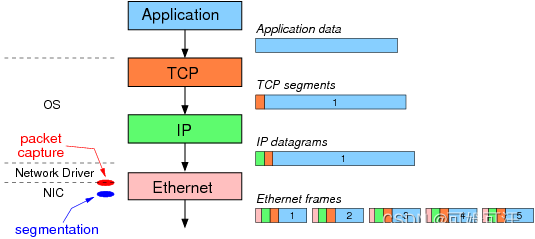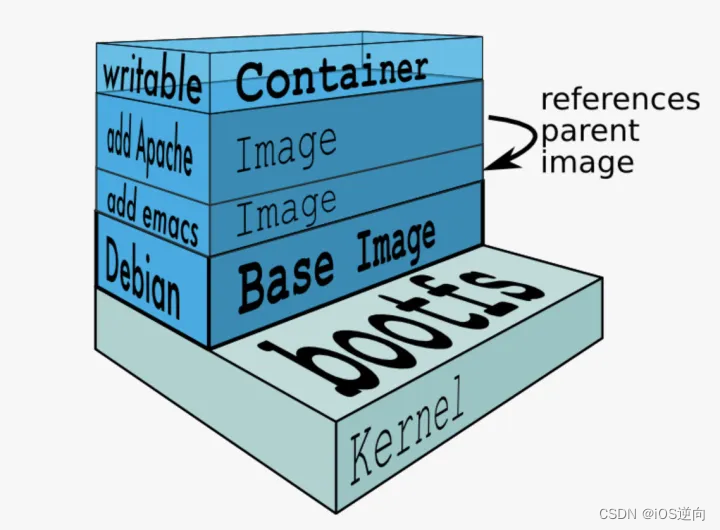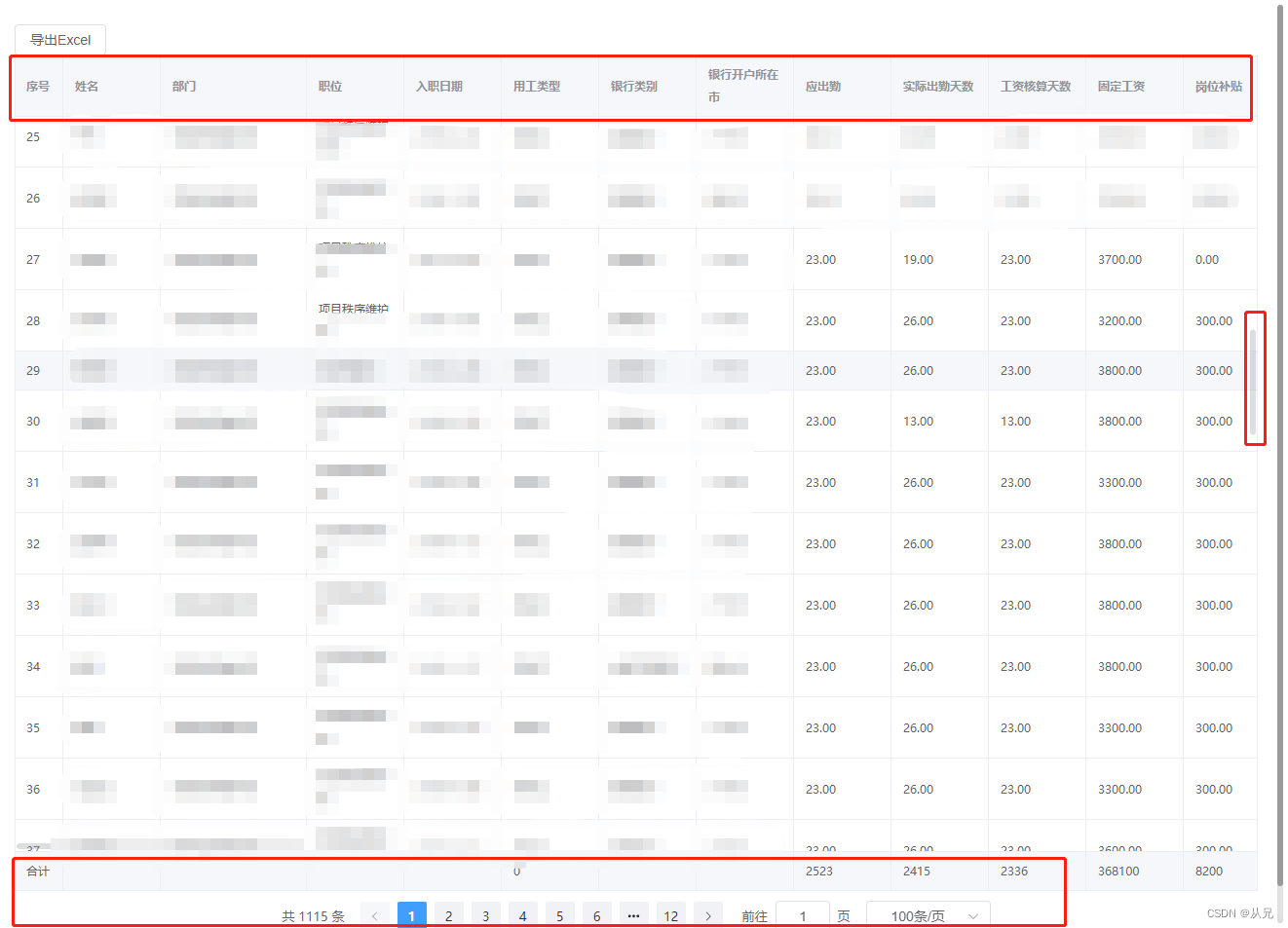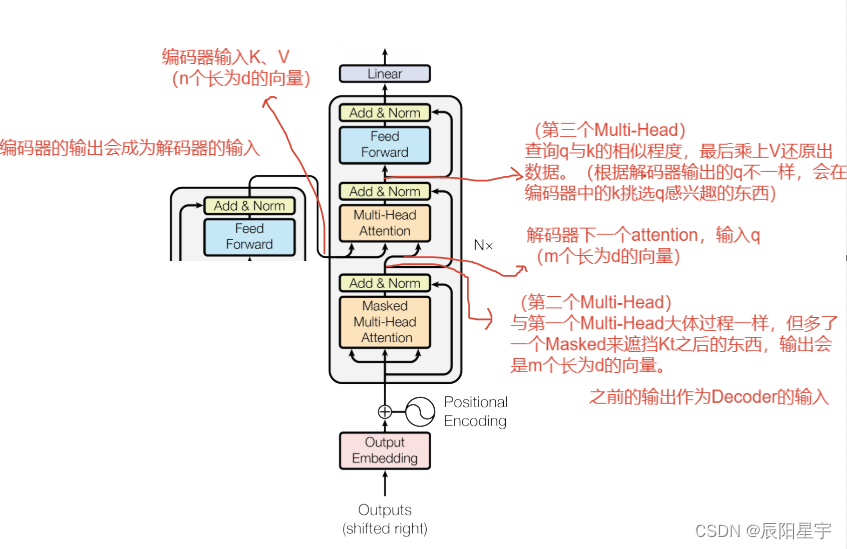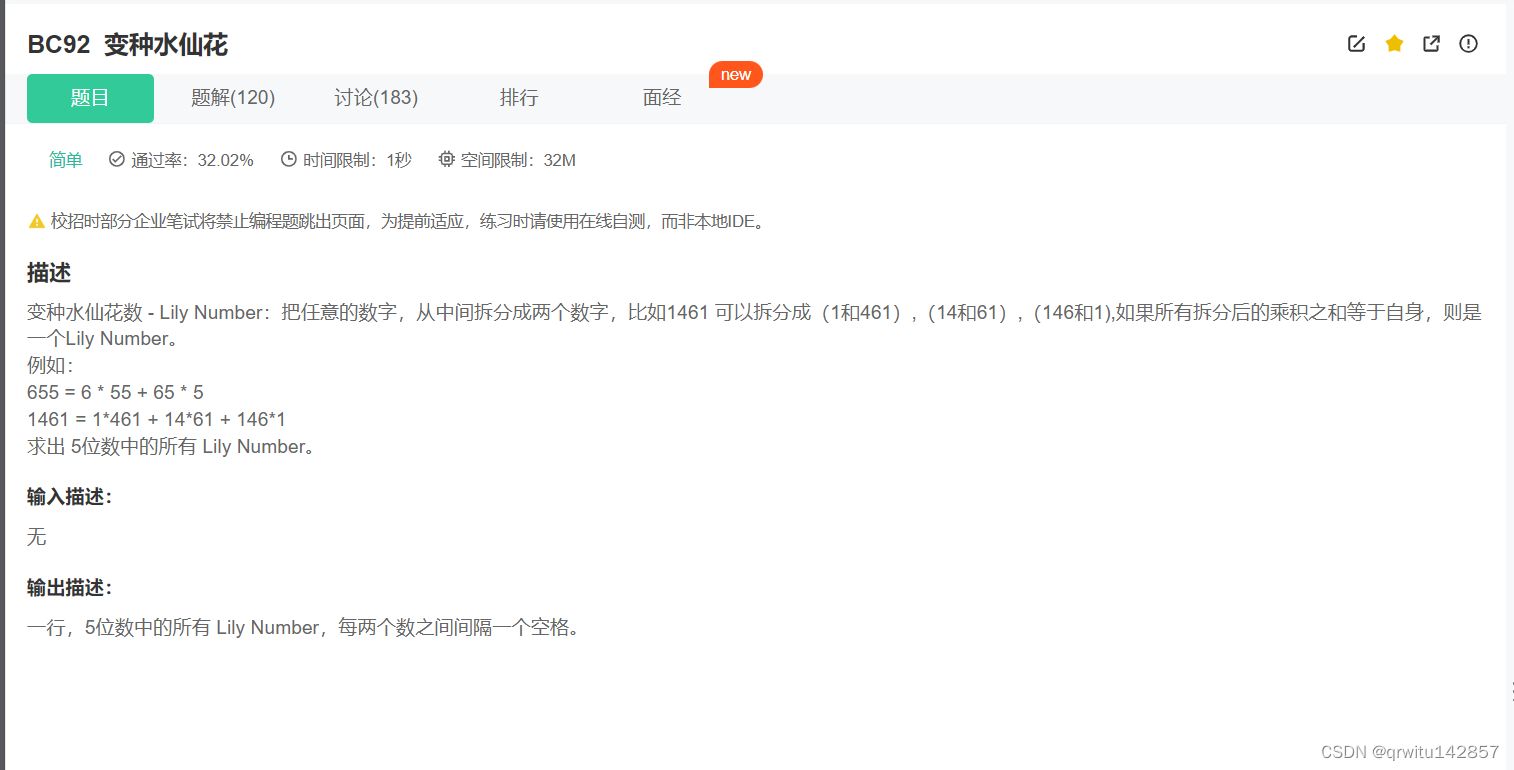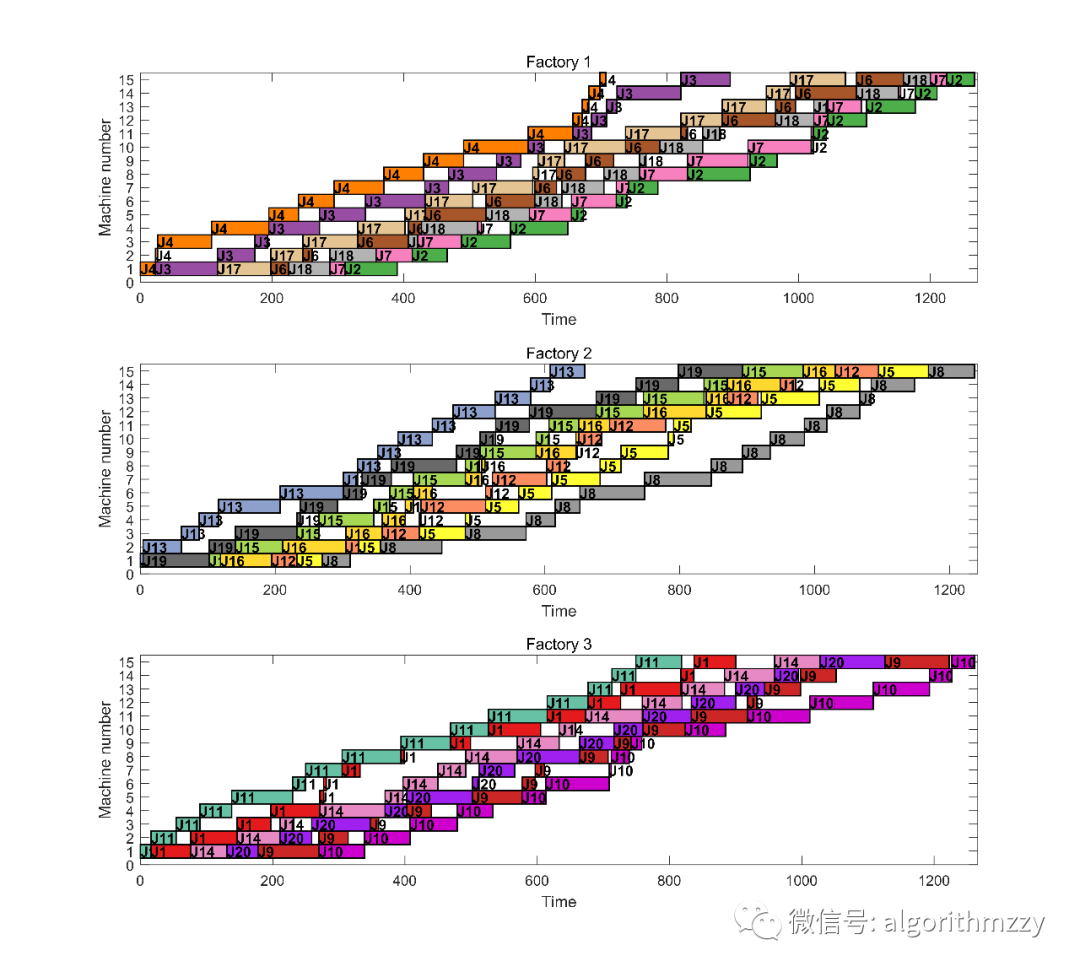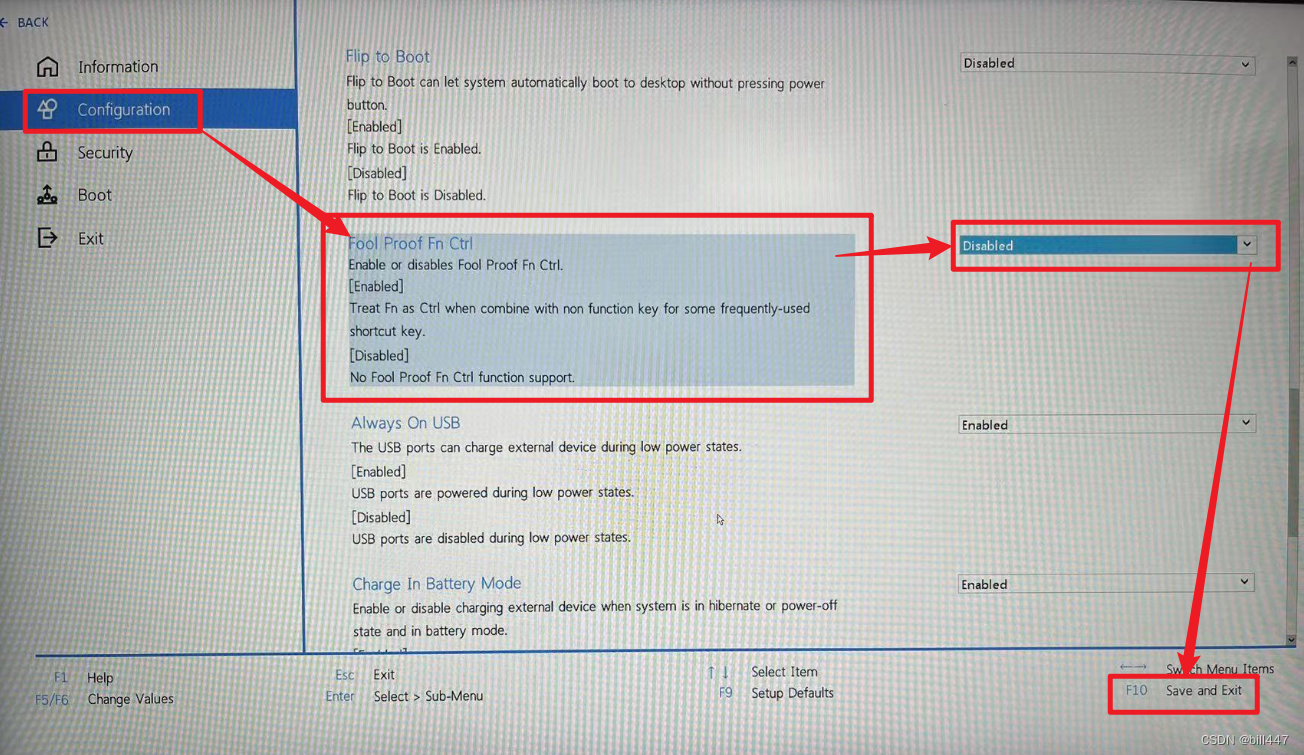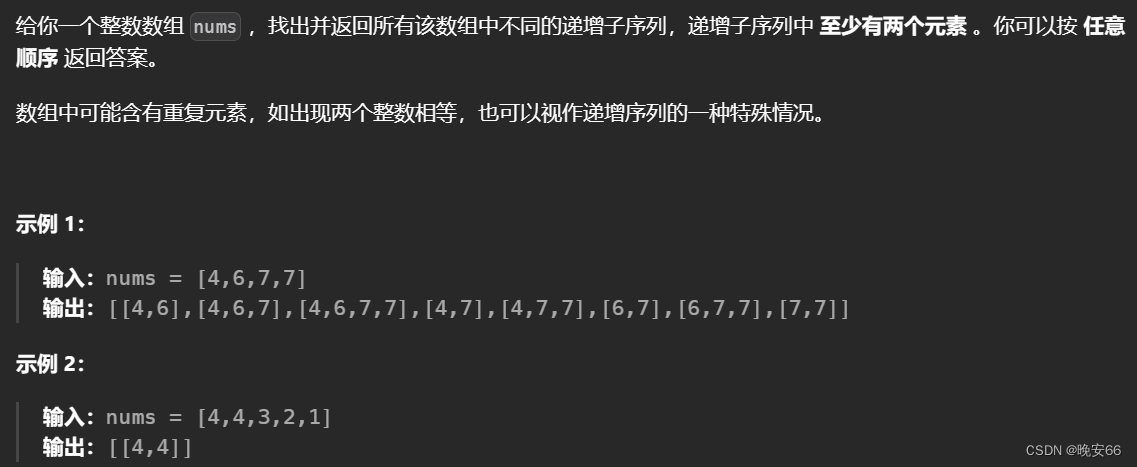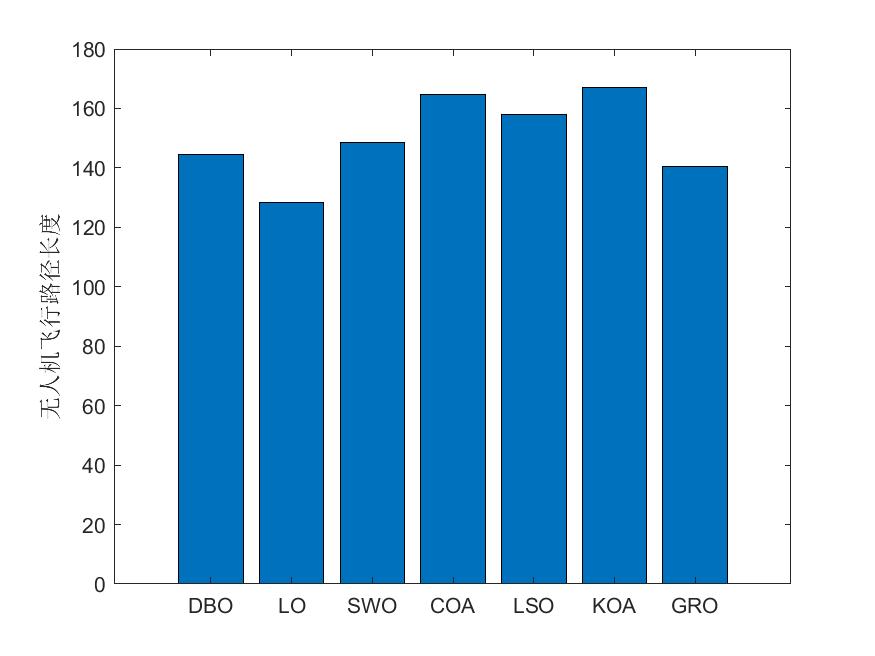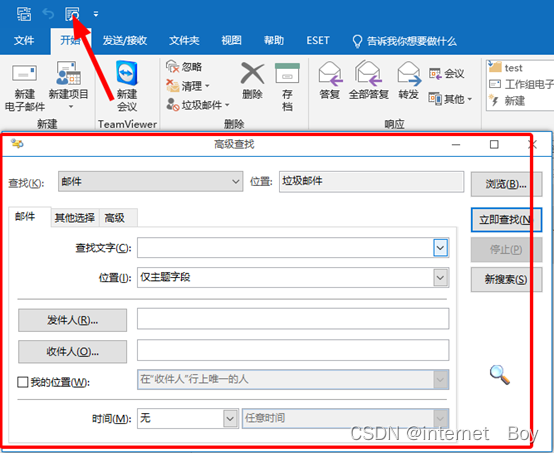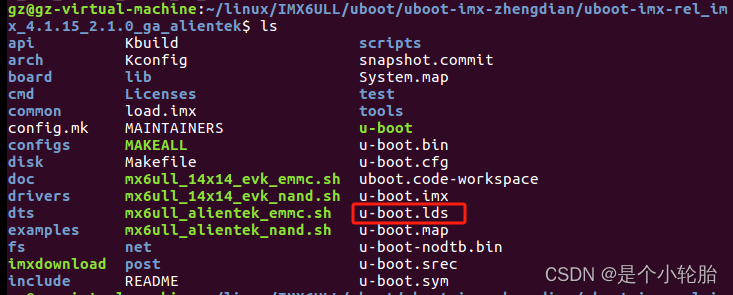支持添加噪点类型包括:添加高斯噪点、添加椒盐噪点、添加波动噪点、添加泊松噪点、添加周期性噪点、添加斑点噪点、添加相位噪点,还提供清除噪点的功能。
我们先看一下实测效果:(test.jpg为原图,new.jpg为添加后的图片)
测试添加椒盐噪点
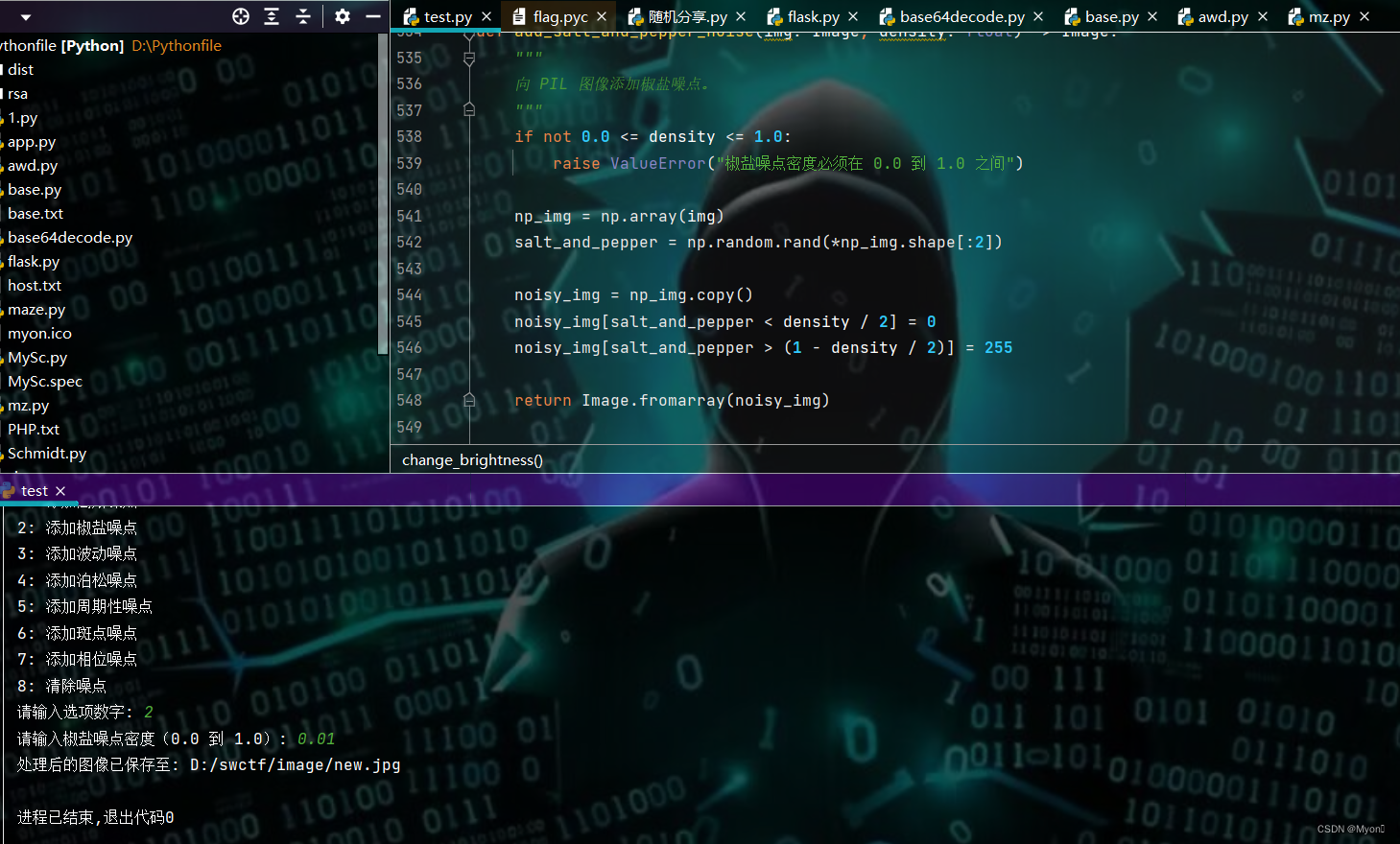


测试添加波动噪点
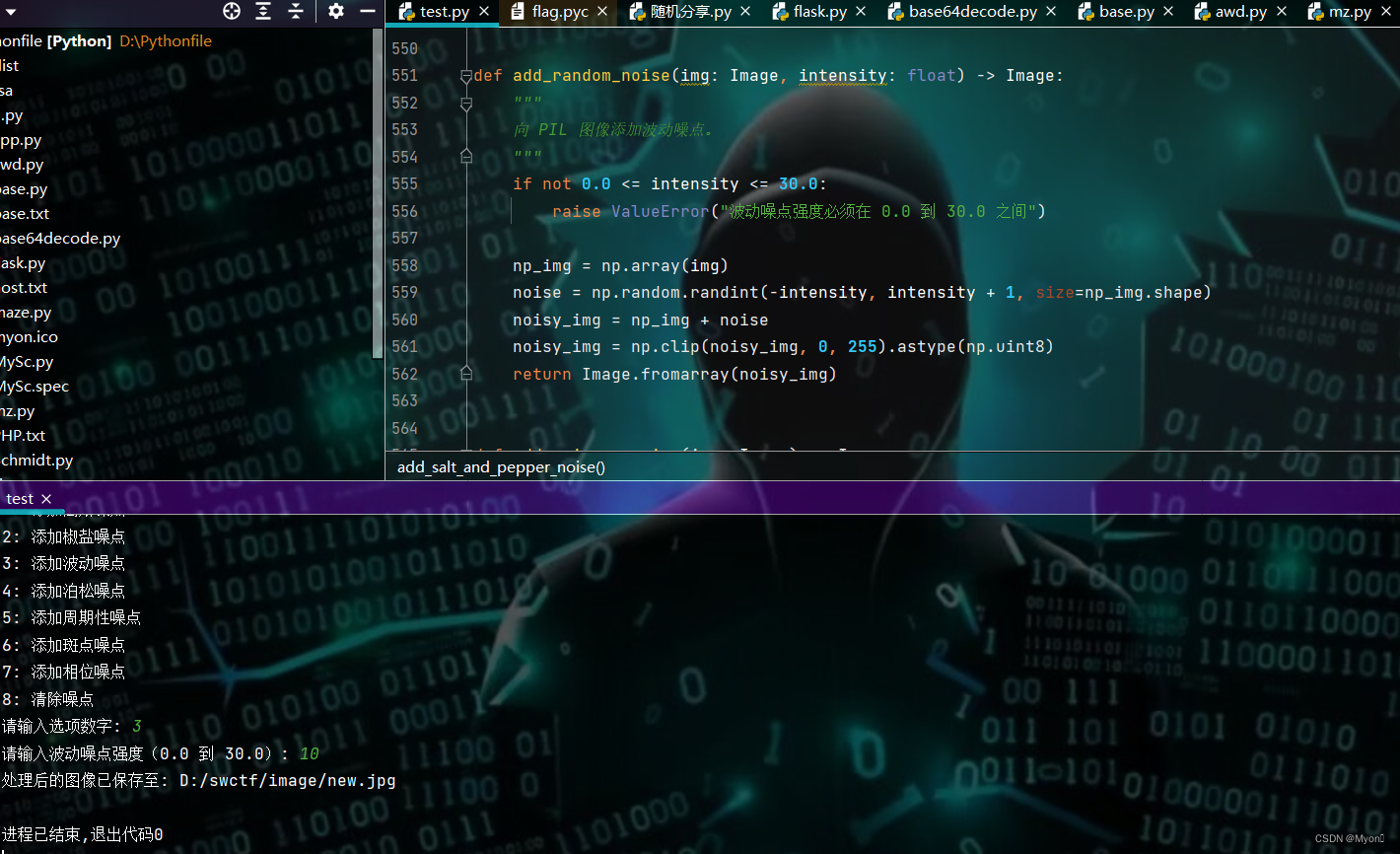


测试添加高斯噪点



针对上面刚生成的添加了30高斯噪点的图片,测试清理噪点的效果

这里清除噪点采用的是中值滤波器,其实还有很多其他类型的滤波器,各有其优势和适用场景。

效果还是有的,但是我在测使处理斑点噪点时效果不理想,因此这个噪点清除主要还是用于原图的一个处理优化,用于人为严重的噪点处理起来效果不太好。
~~~~~~~~~~~~~~~~~~~~~~~~~~~~~~~~~~~~~~~~~~~~~~~~~~~~~~~~~~~~
下面介绍一下上述七种类型的噪点生成的方法和去除噪点的原理:
高斯噪点(选项1)
方法:通过在每个像素的颜色通道上添加服从正态分布的随机数,模拟真实场景中的随机噪点。
参数:强度(intensity)表示添加的噪点的强度,即随机数的标准差。
椒盐噪点(选项2)
方法:在图像中随机选择像素,并将其设置为黑色或白色,模拟图像中的椒盐噪点。
参数:密度(density)表示椒盐噪点的比例,即在图像中设置为黑色或白色的像素的比例。
波动噪点(选项3)
方法:在每个像素的颜色通道上添加从均匀分布中随机选择的整数,模拟图像中的波动噪点。
参数:强度(intensity)表示添加的波动噪点的强度,即随机整数的范围。
泊松噪点(选项4)
方法:使用泊松分布生成噪点,模拟一些自然场景中的光子计数的泊松分布。
参数:泊松噪点无需用户指定参数。
周期性噪点(选项5)
方法:在图像中添加具有特定频率的正弦波噪点,模拟周期性干扰。
参数:频率(frequency)表示添加的正弦波噪点的频率。
斑点噪点(选项6)
方法:在图像中随机选择位置,并将其设置为具有随机颜色的斑点,模拟斑点噪点。
参数:密度(density)表示斑点噪点的比例,即在图像中设置为斑点的像素的比例。
相位噪点(选项7)
方法:在图像的相位上引入随机值,模拟相位噪点。
参数:强度(intensity)表示添加的相位噪点的强度,即在相位上引入的随机值的范围。
清除噪点(选项8)
方法:使用中值滤波器去除图像中的噪点。
参数:清除噪点无需指定参数。
~~~~~~~~~~~~~~~~~~~~~~~~~~~~~~~~~~~~~~~~~~~~~~~~~~~~~~~~~~~~~~~~
对于亮度各位可以自行设置,我代码里给的是20,关于亮度设置的一些建议:
风景照片:10到20之间
一幅风景照片可能在稍微提高亮度后更加清晰和宜人。
人物照片:5到15之间
对于人物照片,适度的亮度提升可能会使面部特征更加清晰,但不要过分。
黑白照片:0到10之间。
在黑白照片中,适度的亮度提升可以改善整体对比度。
艺术照片:-10到10之间。
对于一些艺术性质的照片,可以尝试一些负值,以产生一些有趣的阴影效果。
室内照片:5到15之间。
室内照片可能因光线不足而显得较暗,轻微提升亮度可以改善整体亮度。
~~~~~~~~~~~~~~~~~~~~~~~~~~~~~~~~~~~~~~~~~~~~~~~~~~~~~~~~~~~~~~~
下面附上源码:(其中图片所在路径以及生成图片放置路径改成自己的即可)
from PIL import Image, ImageFilter
import numpy as np
from typing import Tuple
def change_brightness(img: Image, level: float) -> Image:
"""
调整 PIL 图像的亮度到指定水平。
"""
def brightness(c: int) -> float:
"""
对每个位执行的基本变换/操作。
"""
return 128 + level + (c - 128)
if not -50.0 <= level <= 50.0:
raise ValueError("亮度水平必须在 -50.0 到 50.0 之间")
return img.point(brightness)
def add_gaussian_noise(img: Image, intensity: float) -> Image:
"""
向 PIL 图像添加高斯噪点。
"""
if not 0.0 <= intensity <= 30.0:
raise ValueError("高斯噪点强度必须在 0.0 到 30.0 之间")
np_img = np.array(img)
noise = np.random.normal(scale=intensity, size=np_img.shape)
noisy_img = np_img + noise
noisy_img = np.clip(noisy_img, 0, 255).astype(np.uint8)
return Image.fromarray(noisy_img)
def add_salt_and_pepper_noise(img: Image, density: float) -> Image:
"""
向 PIL 图像添加椒盐噪点。
"""
if not 0.0 <= density <= 1.0:
raise ValueError("椒盐噪点密度必须在 0.0 到 1.0 之间")
np_img = np.array(img)
salt_and_pepper = np.random.rand(*np_img.shape[:2])
noisy_img = np_img.copy()
noisy_img[salt_and_pepper < density / 2] = 0
noisy_img[salt_and_pepper > (1 - density / 2)] = 255
return Image.fromarray(noisy_img)
def add_random_noise(img: Image, intensity: float) -> Image:
"""
向 PIL 图像添加波动噪点。
"""
if not 0.0 <= intensity <= 30.0:
raise ValueError("波动噪点强度必须在 0.0 到 30.0 之间")
np_img = np.array(img)
noise = np.random.randint(-intensity, intensity + 1, size=np_img.shape)
noisy_img = np_img + noise
noisy_img = np.clip(noisy_img, 0, 255).astype(np.uint8)
return Image.fromarray(noisy_img)
def add_poisson_noise(img: Image) -> Image:
"""
向 PIL 图像添加泊松噪点。
"""
np_img = np.array(img)
noisy_img = np.random.poisson(np_img)
noisy_img = np.clip(noisy_img, 0, 255).astype(np.uint8)
return Image.fromarray(noisy_img)
def add_periodic_noise(img: Image, frequency: float) -> Image:
"""
向 PIL 图像添加周期性噪点。
"""
if not 0.0 <= frequency <= 0.5:
raise ValueError("周期性噪点频率必须在 0.0 到 0.5 之间")
np_img = np.array(img)
rows, cols, _ = np_img.shape
x = np.arange(cols)
y = np.arange(rows)
X, Y = np.meshgrid(x, y)
noise = np.sin(2 * np.pi * frequency * X / cols) + np.sin(2 * np.pi * frequency * Y / rows)
noisy_img = np_img + 30 * noise[:, :, np.newaxis]
noisy_img = np.clip(noisy_img, 0, 255).astype(np.uint8)
return Image.fromarray(noisy_img)
def add_spotty_noise(img: Image, density: float) -> Image:
"""
向 PIL 图像添加斑点噪点。
"""
if not 0.0 <= density <= 1.0:
raise ValueError("斑点噪点密度必须在 0.0 到 1.0 之间")
np_img = np.array(img)
spotty = np.random.rand(*np_img.shape[:2])
noisy_img = np_img.copy()
noise = np.random.randint(0, 256, size=(np_img.shape[0], np_img.shape[1], 3))
noisy_img[spotty < density] = noise[spotty < density]
return Image.fromarray(noisy_img)
def add_phase_noise(img: Image, intensity: float) -> Image:
"""
向 PIL 图像添加相位噪点。
"""
if not 0.0 <= intensity <= 30.0:
raise ValueError("相位噪点强度必须在 0.0 到 30.0 之间")
np_img = np.array(img)
phase = np.random.uniform(-intensity, intensity, size=np_img.shape[:2])
noisy_img = np_img * np.exp(1j * phase[:, :, np.newaxis])
noisy_img = np.abs(noisy_img).astype(np.uint8)
return Image.fromarray(noisy_img)
def remove_noise(img: Image) -> Image:
"""
清除 PIL 图像中的所有噪点。
"""
return img.filter(ImageFilter.MedianFilter(size=3))
if __name__ == "__main__":
# 加载图像
image_path = "D:/swctf/image/test.jpg"
with Image.open(image_path) as img:
# 将亮度调整为20
bright_img = change_brightness(img, 20)
# 用户选择操作类型
print("选择操作类型:")
print("1: 添加高斯噪点")
print("2: 添加椒盐噪点")
print("3: 添加波动噪点")
print("4: 添加泊松噪点")
print("5: 添加周期性噪点")
print("6: 添加斑点噪点")
print("7: 添加相位噪点")
print("8: 清除噪点")
operation_type = input("请输入选项数字: ")
# 根据操作类型明确输入范围和类型
if operation_type == "1":
intensity = float(input("请输入高斯噪点强度(0.0 到 30.0): "))
processed_img = add_gaussian_noise(bright_img, intensity)
elif operation_type == "2":
intensity = float(input("请输入椒盐噪点密度(0.0 到 1.0): "))
processed_img = add_salt_and_pepper_noise(bright_img, intensity)
elif operation_type == "3":
intensity = float(input("请输入波动噪点强度(0.0 到 30.0): "))
processed_img = add_random_noise(bright_img, intensity)
elif operation_type == "4":
processed_img = add_poisson_noise(bright_img)
elif operation_type == "5":
frequency = float(input("请输入周期性噪点频率(0.0 到 0.5): "))
processed_img = add_periodic_noise(bright_img, frequency)
elif operation_type == "6":
density = float(input("请输入斑点噪点密度(0.0 到 1.0): "))
processed_img = add_spotty_noise(bright_img, density)
elif operation_type == "7":
intensity = float(input("请输入相位噪点强度(0.0 到 30.0): "))
processed_img = add_phase_noise(bright_img, intensity)
elif operation_type == "8":
processed_img = remove_noise(bright_img)
else:
raise ValueError("不支持的操作类型")
# 保存处理后的图像
output_path = "D:/swctf/image/new.jpg"
processed_img.save(output_path, format="jpeg")
print(f"处理后的图像已保存至: {output_path}")

